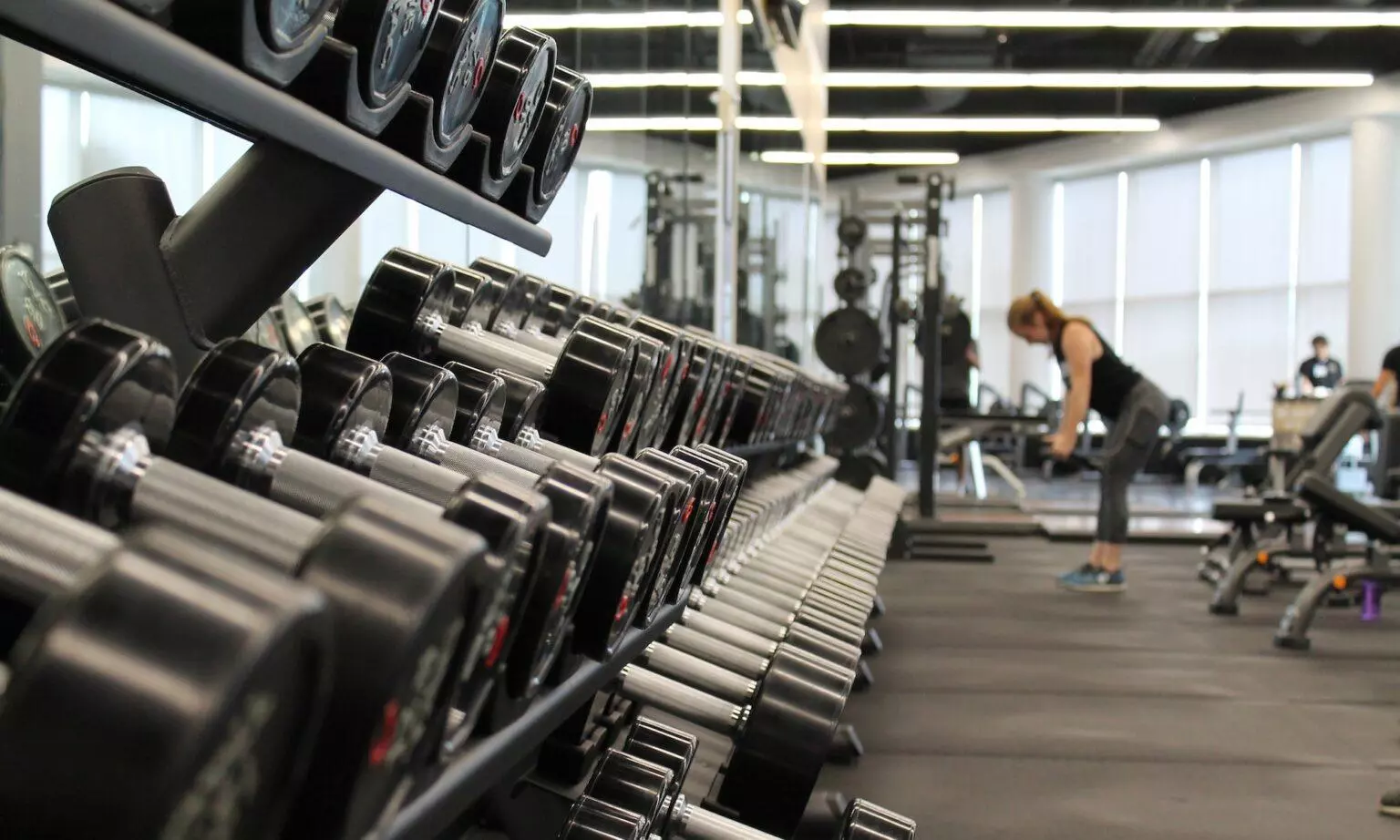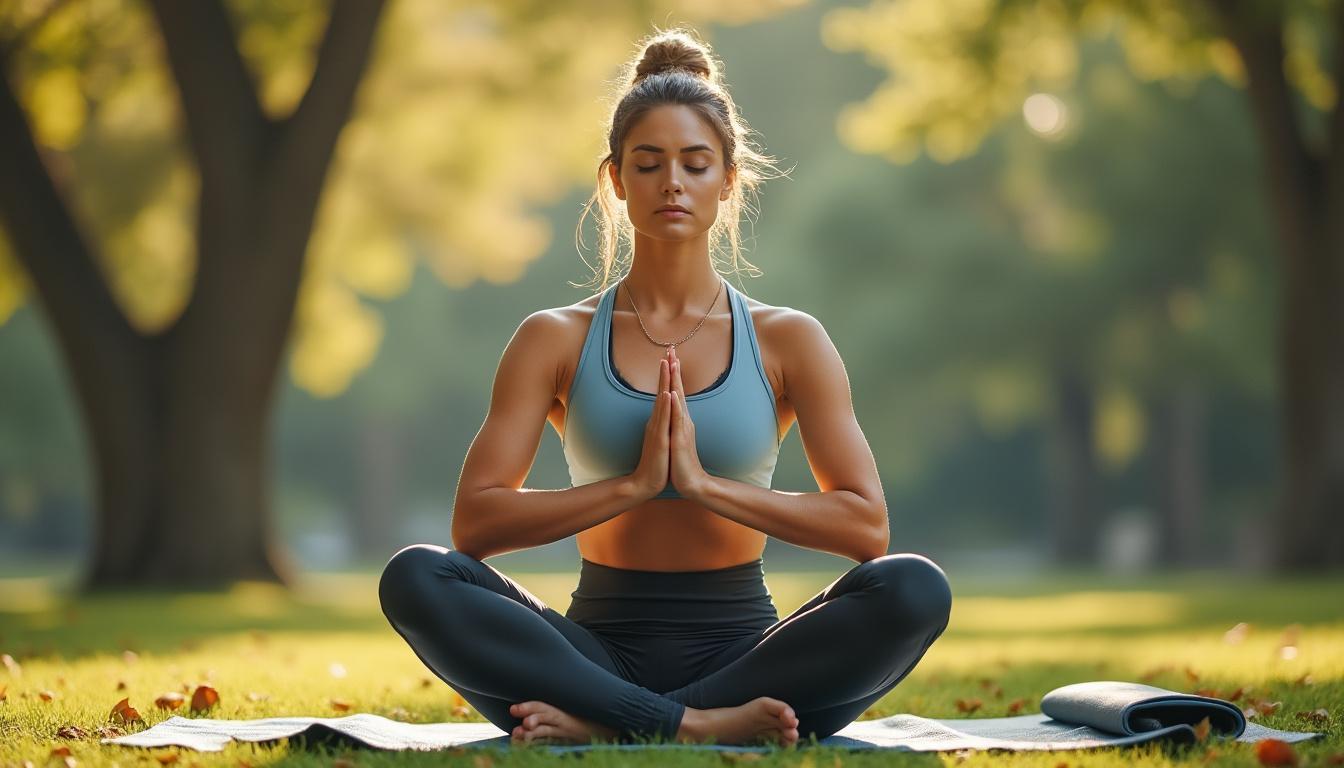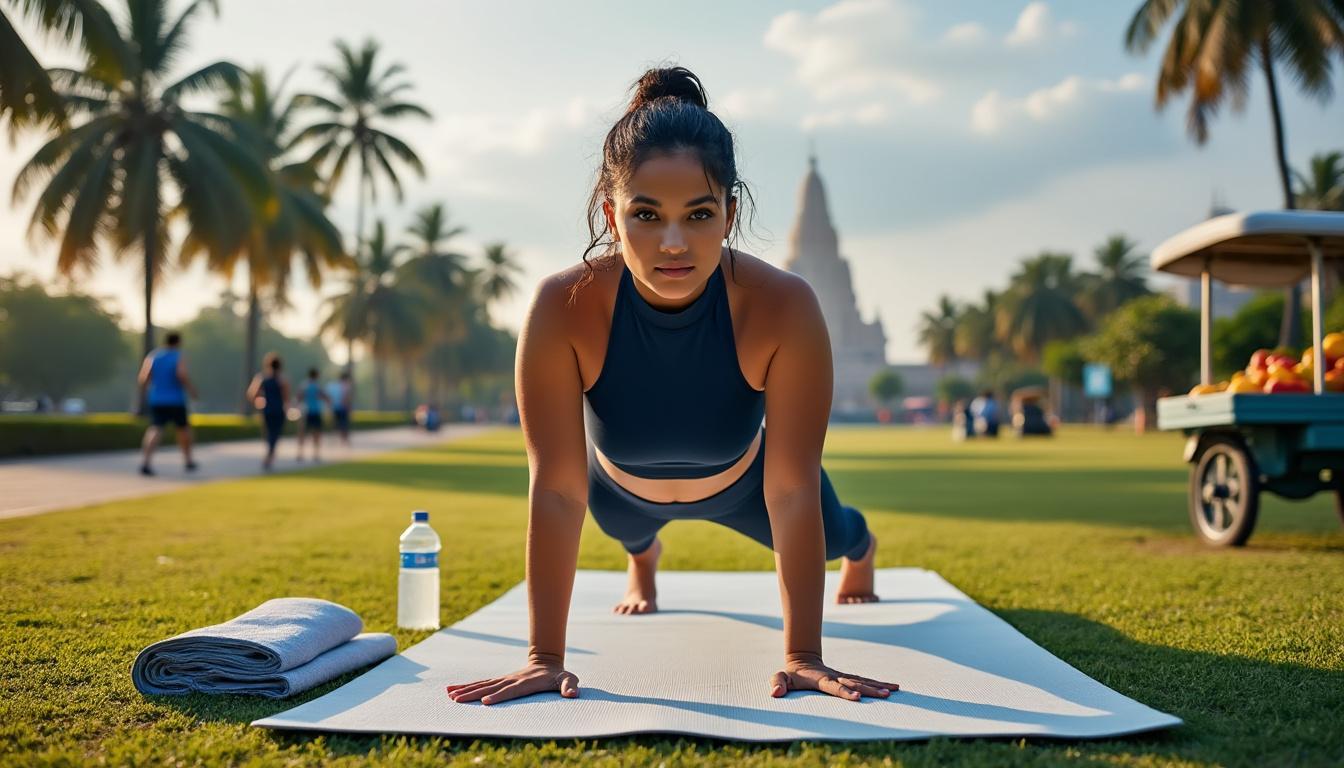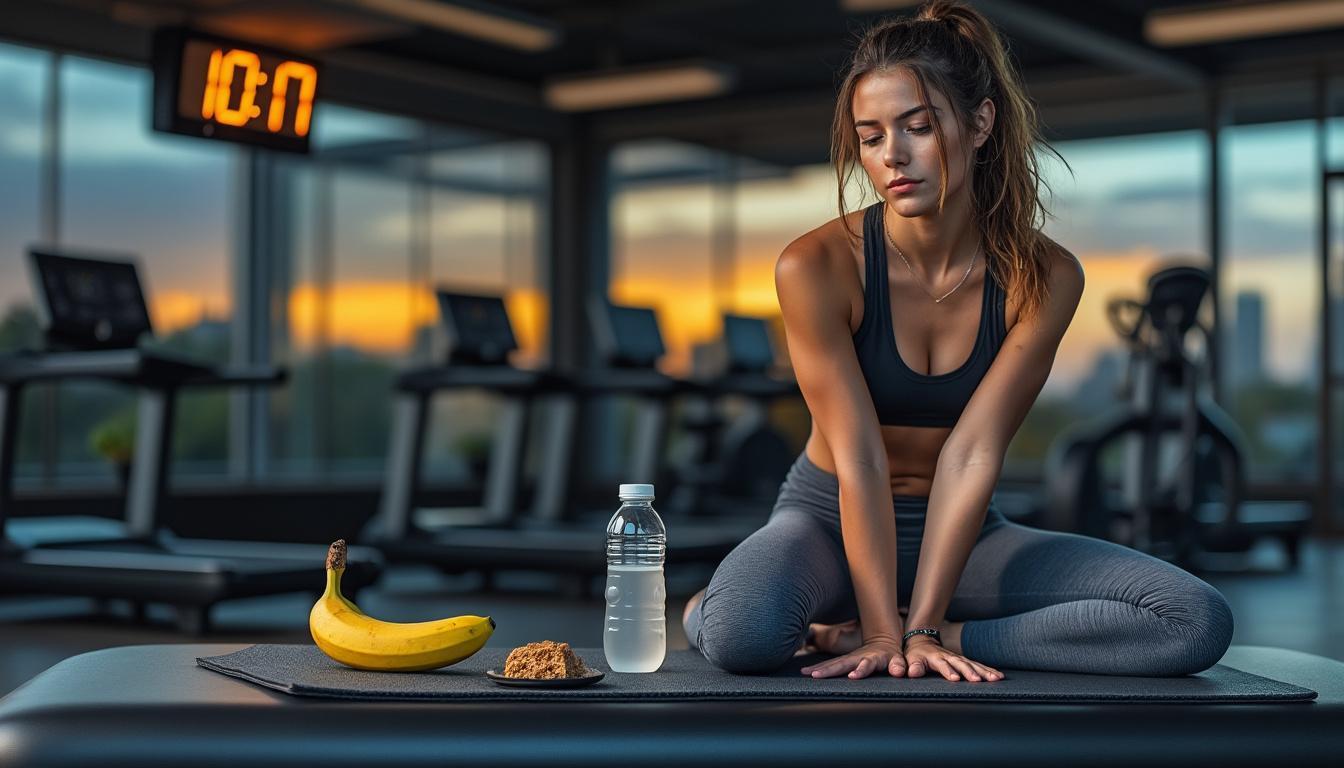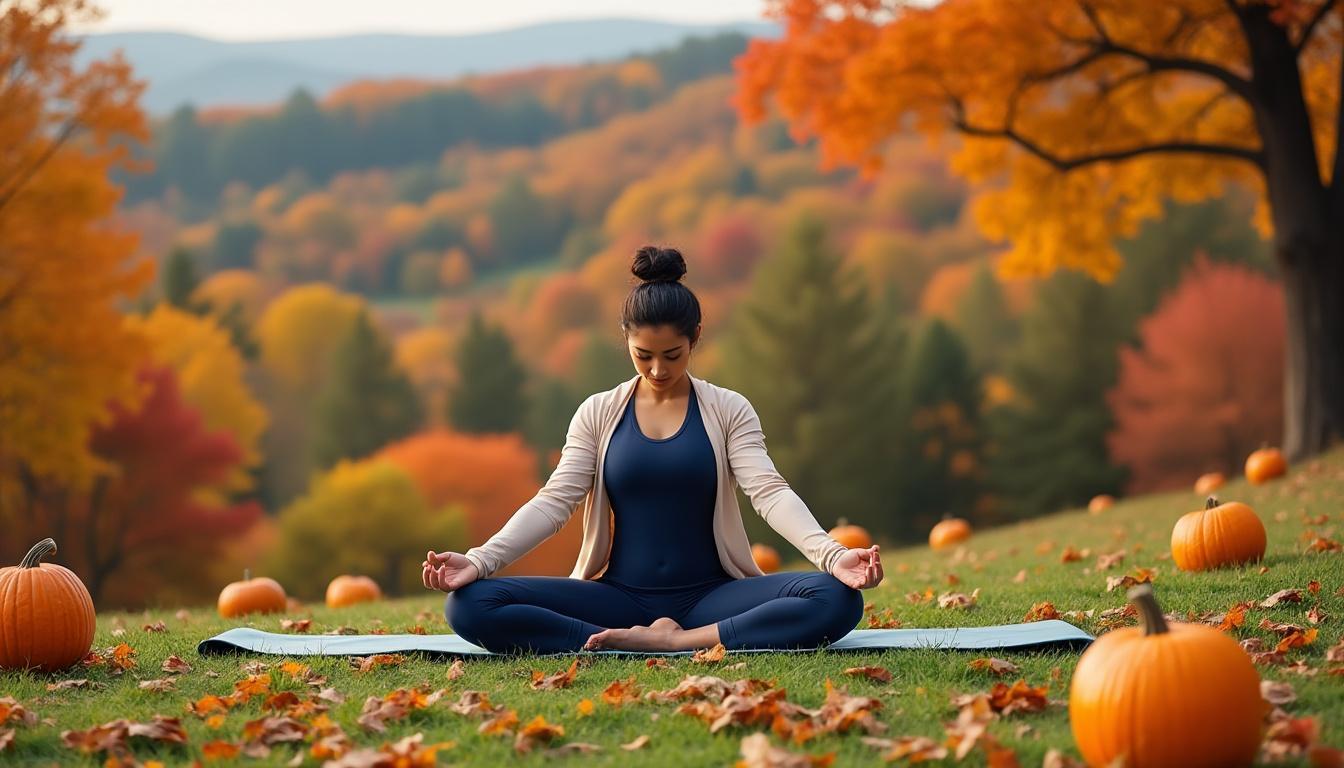Hypuro Fit positions faith at the center of physical training. The app links proven exercise science with St. John Paul II’s theology of the body, framing movement and nutrition as service. Founders Chase and Viva Crouse launched the project after Chase moved from ministry into personal training and noticed a gap for Catholics seeking an …
Continue reading “Catholic Fitness App Puts Service at the Heart of Holistic Wellness”
